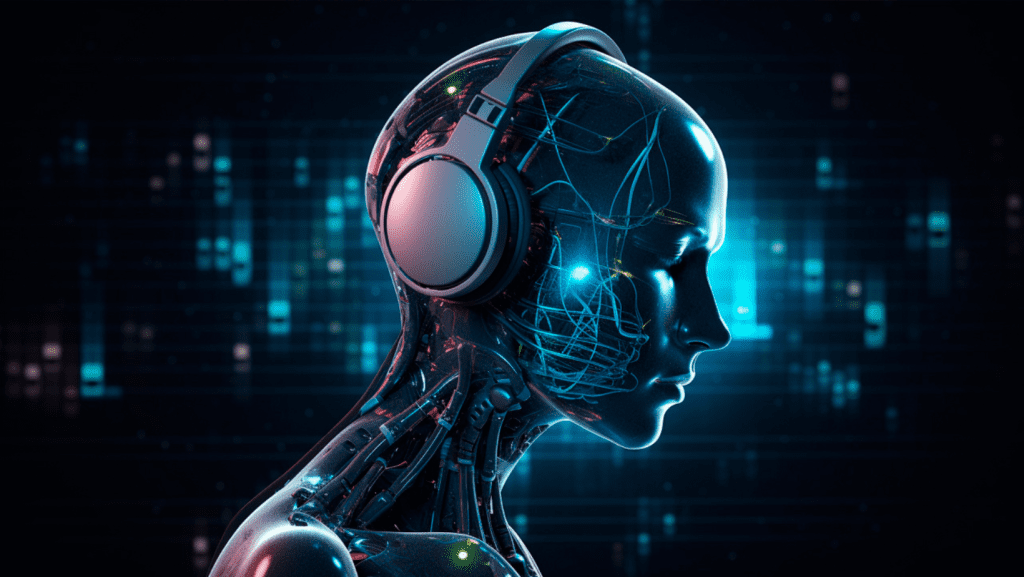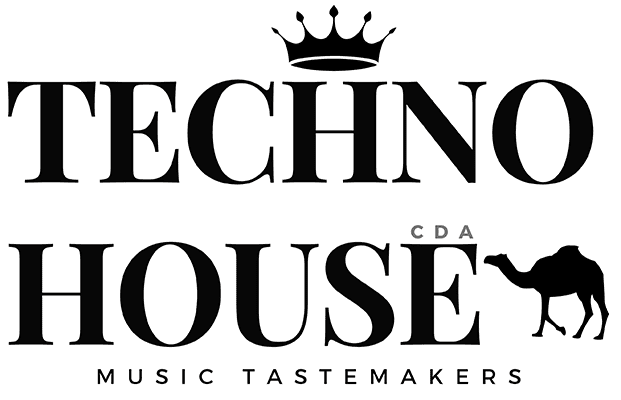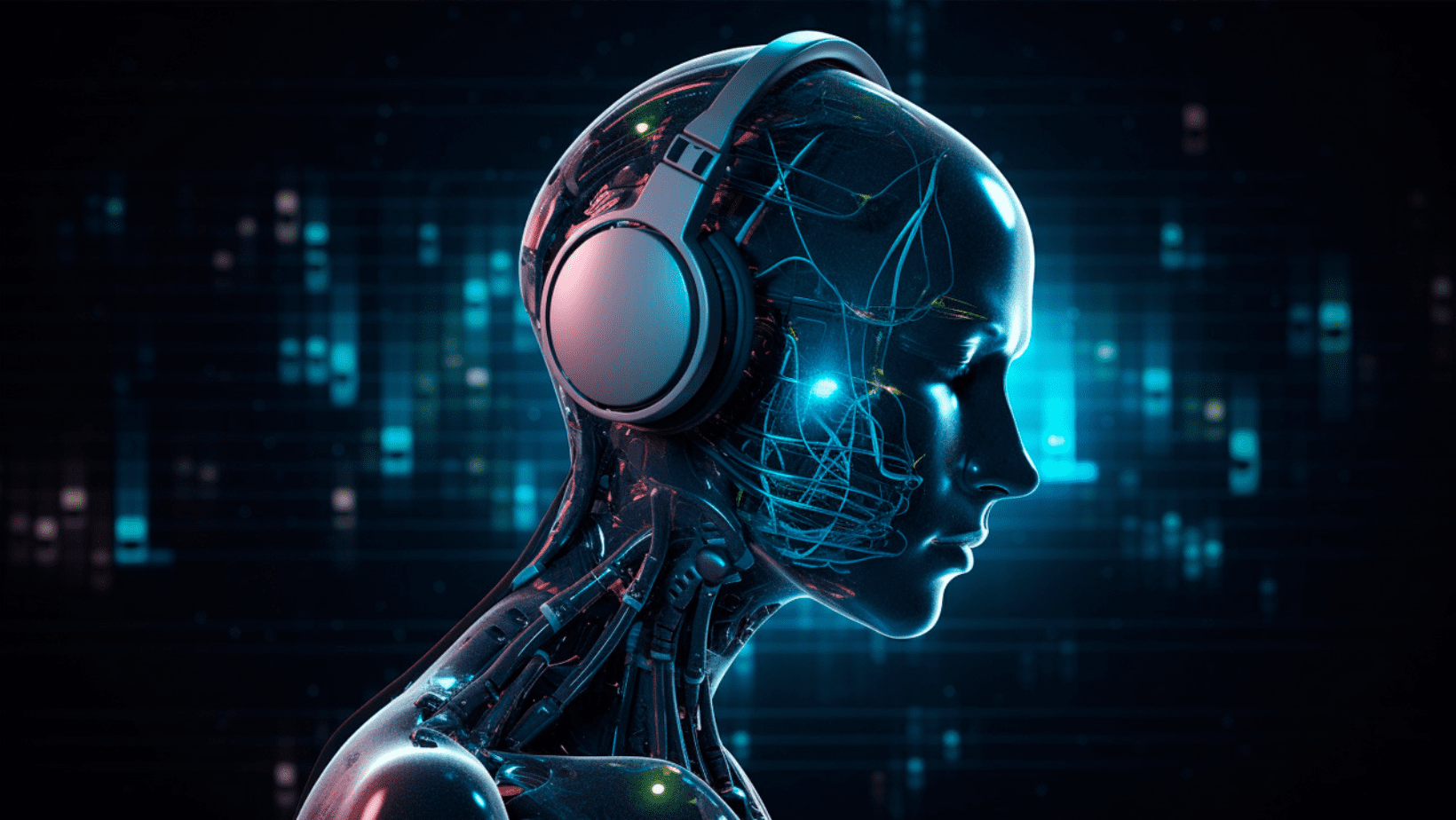

“It’s not really enjoyable to make music now.”
These words, spoken by Mikey Shulman, co-founder and CEO of the generative AI music platform Suno, have ignited a firestorm of backlash. In a recent appearance on the venture capital podcast The Twenty Minute VC (20VC), Shulman claimed that most people find the music creation process “not really enjoyable.”
Shulman’s remarks have struck a nerve, sparking debates across social media platforms about the intersection of technology and artistry.
A Polarizing Perspective on Music Creation
Speaking with host Harry Stebbings, Shulman painted a stark picture of modern music production.
“It takes a lot of time, it takes a lot of practice, you need to get really good at an instrument or really good at a piece of production software,” he said. “I think the majority of people don’t enjoy the majority of the time they spend making music.”
His comments suggest that the traditional, skill-based approach to creating music is too burdensome for most people. Enter Suno: a platform that leverages AI to enable users to produce songs by simply entering text prompts.
“If you want to impact the way a billion people experience music, you have to build something for a billion people,” Shulman asserted.
While his vision of democratizing music through AI has its supporters, critics argue that this approach undermines centuries of musical tradition and craftsmanship.
The Industry Reacts
Shulman’s comments have been met with strong reactions across social platforms like X (formerly Twitter), Instagram, and Reddit. Many musicians and enthusiasts see his statements as emblematic of a growing disconnect between technology-driven solutions and the artistic process.
“The solutionist language just doesn’t make sense for art,” one X user wrote. “The work is the enjoyment, but tech companies seem stuck in their story.”
Others criticized the remarks as dismissive of the joy and fulfillment that comes from learning an instrument or mastering music production.
Legal Troubles Cloud Suno’s Vision
Shulman’s comments come at a precarious time for Suno. The company is facing two landmark lawsuits from the Recording Industry Association of America (RIAA), which allege that Suno used copyrighted recordings without permission to train its AI models. The RIAA is reportedly seeking damages of up to $150,000 per copyrighted work.
Despite these challenges, Shulman defended Suno’s technology as “transformative,” emphasizing its potential to make music creation accessible to the masses. However, critics argue that the platform’s AI framework raises ethical questions about copyright and the value of human creativity.
The Broader Debate: AI vs. Artistry
The controversy surrounding Suno highlights a broader tension in the music industry: the balance between innovation and tradition. While AI tools can simplify complex processes, many argue that they cannot replace the emotional depth and personal connection that come from skill-based artistry.
For aspiring musicians, the journey of learning an instrument or refining production skills is often as rewarding as the final product. Critics worry that platforms like Suno, while innovative, risk reducing music creation to a transactional, joyless process.
Conclusion
Mikey Shulman’s comments have ignited an important conversation about the role of AI in music creation. While technology offers exciting possibilities, it also challenges long-held notions of what it means to be an artist. As the debate unfolds, one thing remains clear: the relationship between music and technology is as complex and nuanced as the art itself.

